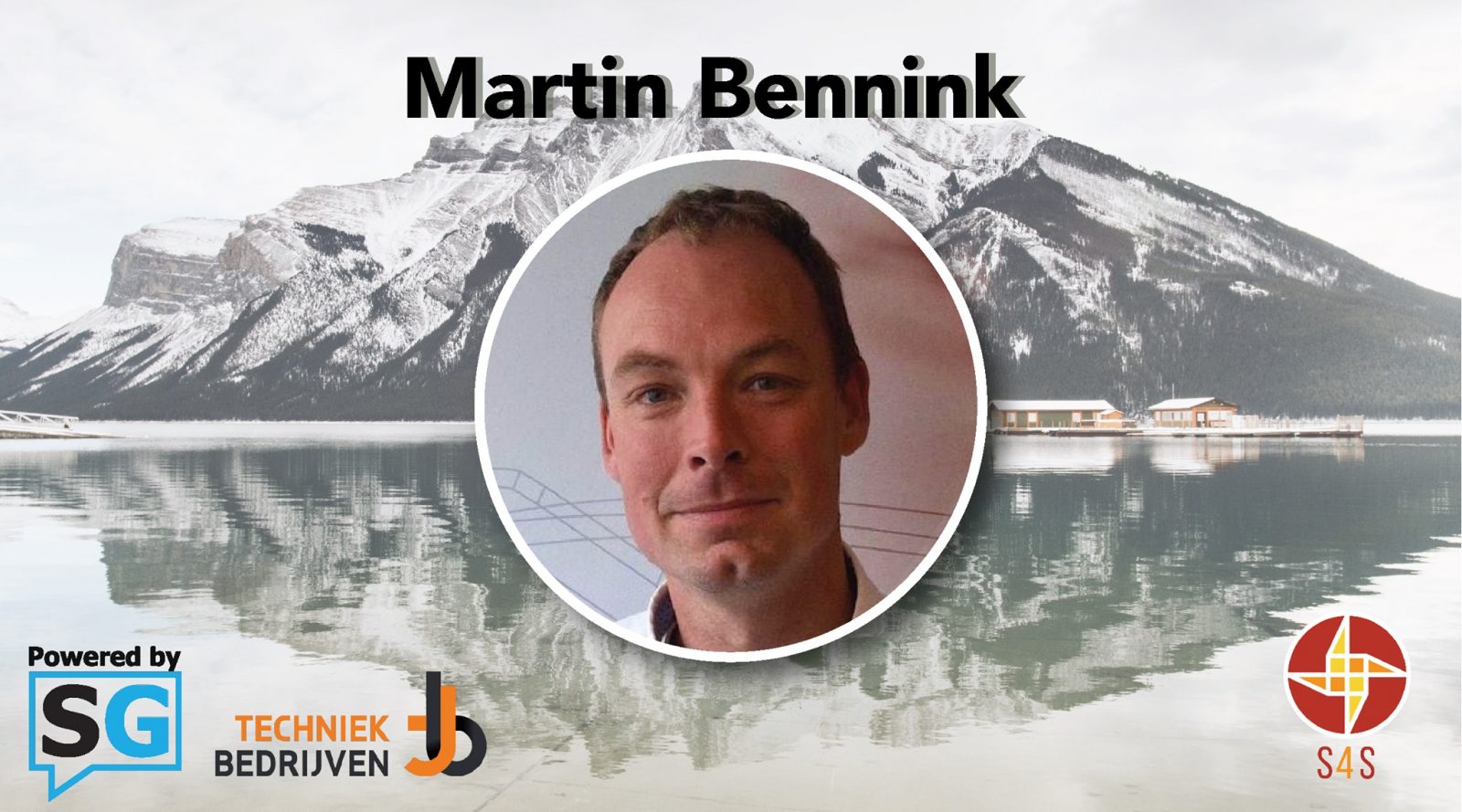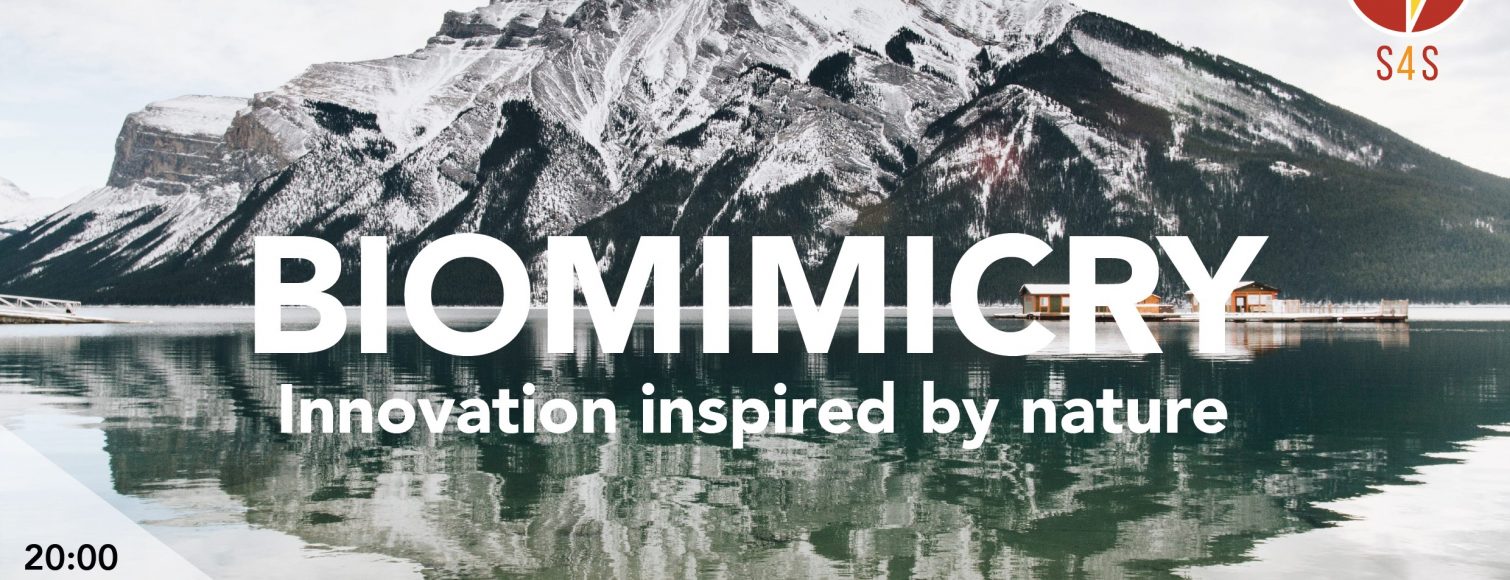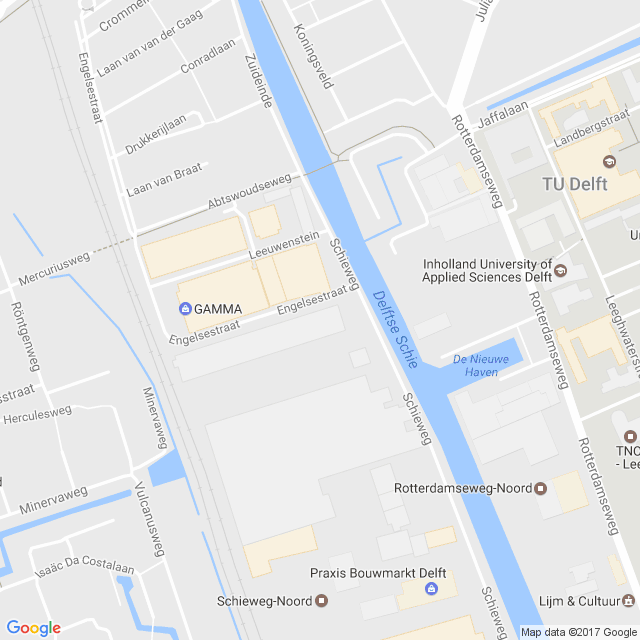
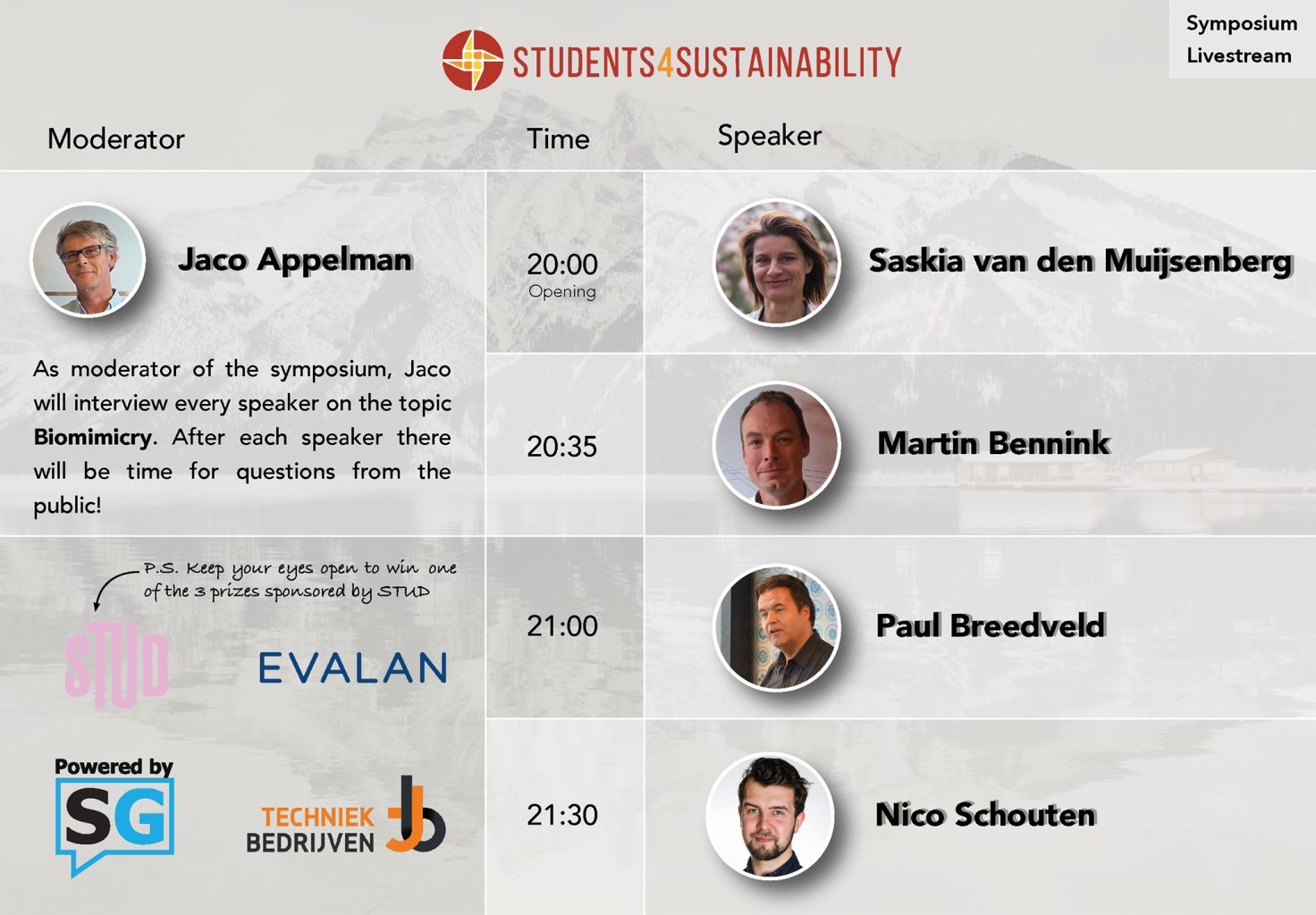
Moderator: Jaco Appelman
Jaco Appelman teaches and researches Bio-inspired design and innovation processes at Utrecht University. He writes, presents and advises about bio-inspired change. He is the co-author of the book (in Dutch): ‘Zo kan het ook’, available June 2020.
He is actively working at the local level to support and develop initiatives on food, energy and bio-diversity. Part of which is developing and running an increasingly ‘edible’ mini camping with friends and family.
NL
Jaco Appelman onderwijst en onderzoekt bio-geïnspireerde ontwerp- en innovatie processen aan de Universiteit Utrecht. Hij presenteert en adviseert over bio-geïnspireerde verandering. Hij is co-auteur van het boek: “Zo kan het ook” dat in Juni 2020 beschikbaar is.
Met familie en vrienden onderhoudt en ontwikkelt hij een mini-natuurcamping en werkt actief mee aan lokalisering/regionalisering initiatieven op het gebied van voedsel en energie.
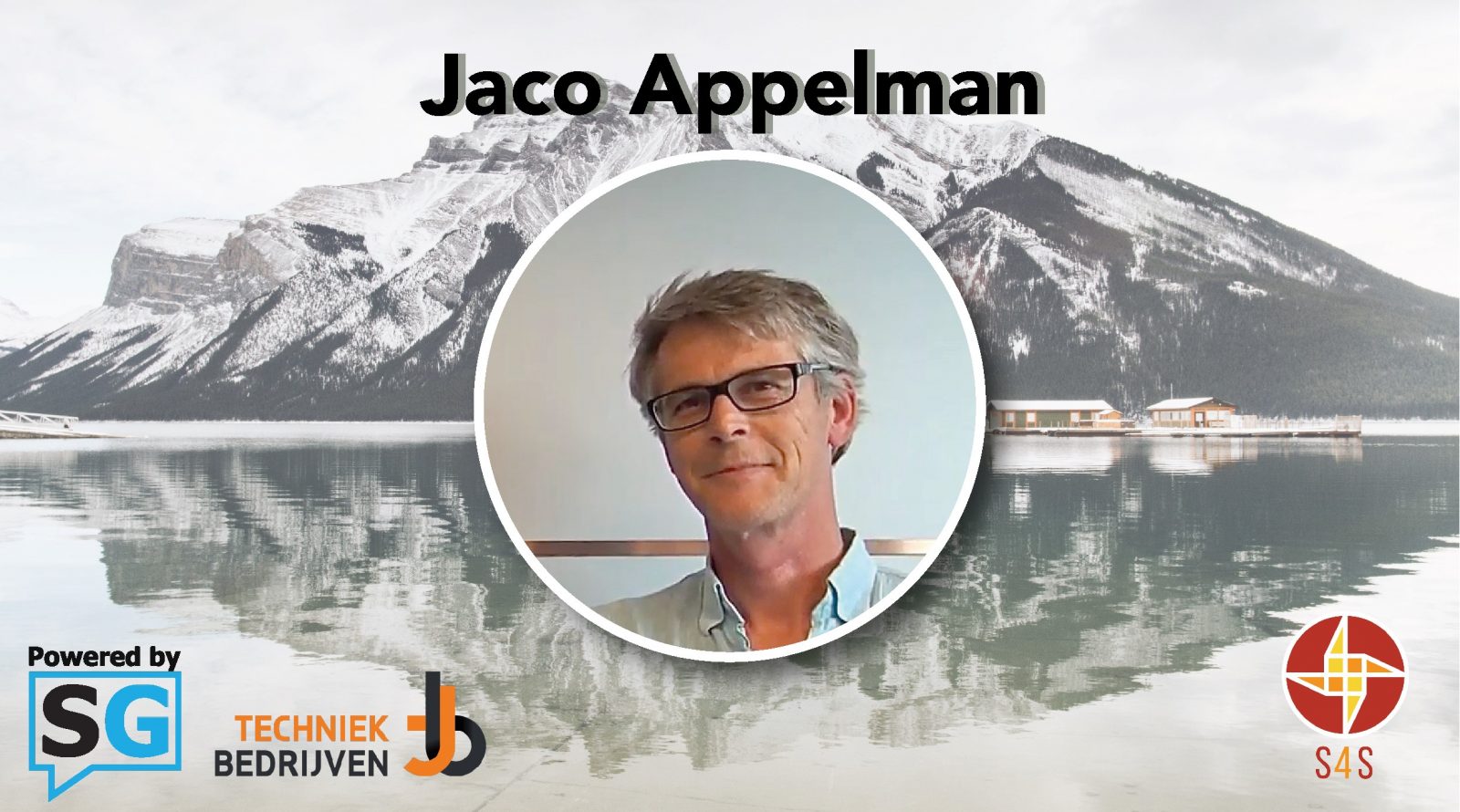
Speaker: Paul Breedveld
Introducing the first speaker: Paul Breedveld is one of the TU’s very own! After his Mechanical Engineering Bachelor, earning his Master and PhD, both with honours, right here in Delft. Continuing his curiosity in the world of ingenious surgical devices. For example a periscope based on a squid-tentacle. Furthermore he was the chairman of the board of examiners in 2014 for the 3ME faculty. In 2016, Breedveld was one of the founders of the the PainLess Foundation: a Dutch initiative to find innovative solutions for patients with chronic and incurable pain. With a prestigious Dutch VICI research grant for his research and as a Professor teaching Bio Inspired Design at the TU, this is certainly a familiar face at the TU Delft. If you have not seen him around yet, here is your chance at the Biomimicry Symposium 19th May.
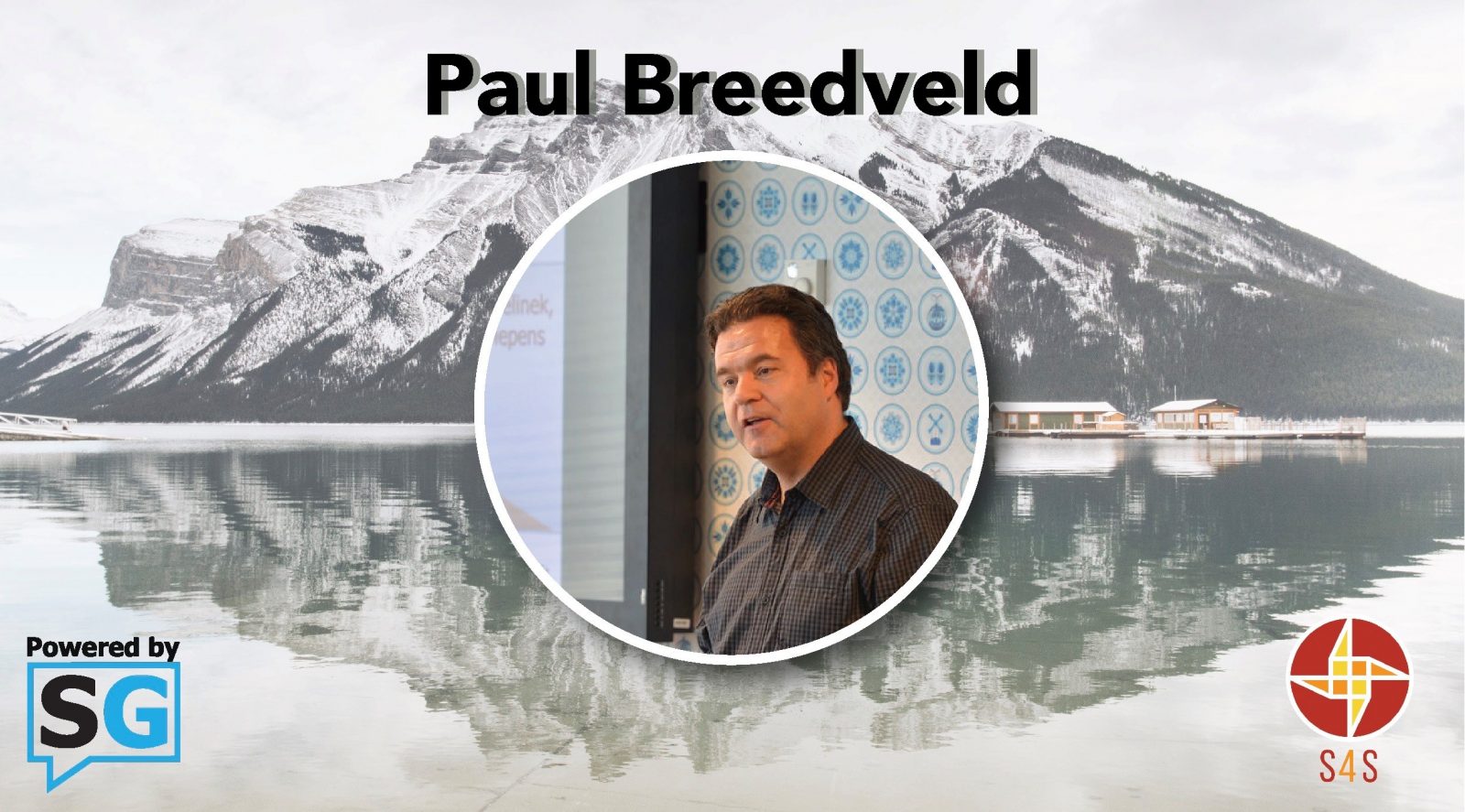
Speaker: Saskia van de Muijsenberg
Our second speaker of the symposium, Saskia, is the director and founder of biomimicryNL (2010) and a Certified Biomimicry Professional with 25 years of experience in marketing, change management and strategic innovation. With a variety of Fortune 500 companies, Saskia catalyzes innovation by enabling others to explore life’s design strategies to develop new ideas into real (business) opportunities for the new economy. As a vivid storyteller, she shares her passion for biomimicry and how learning from nature may help address the challenges our society faces today – especially reversing climate change and creating a regenerative economy. Through training, lecturing and consulting, Saskia proactively spreads the practice of biomimicry across various disciplines. Since June 2010, Saskia built a biomimicry network in the Netherlands, inspired thousands of individuals around the world and worked with numerous organizations, governments, schools and universities. Saskia is also Minister of “Vooruit naar de natuur” (Towards Nature, our translation) in the Dutch Innovation Cabinet and acts as expert advisor to the European Commission for Societal Challenge 5: ‘Climate action, environment, resource efficiency and raw materials’.
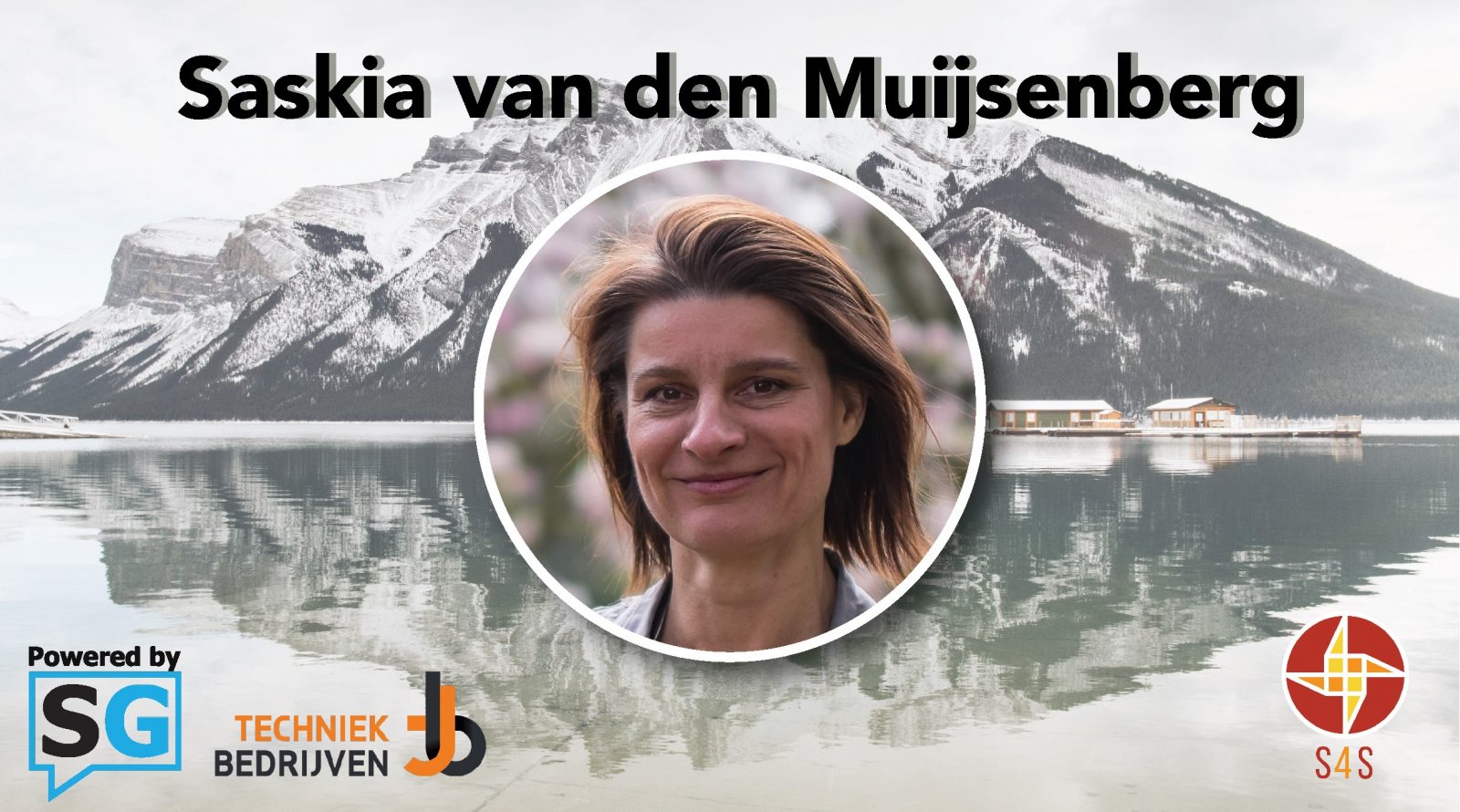
Speaker: Nico Schouten
The third speaker of the evening is Nico Schouten! While studying Architecture at the TU Delft Nico became interested in using architecture to make a more sustainable world. This led him to further research the concept of system
thinking and implementing circular strategies in his designs. After working at the AMS Institute and the Centre for Sustainability at the LDE he now works as a Green Building Consultant at Metabolic.
Metabolic is a consulting and venture building company that uses systems thinking to tackle global sustainability challenges. It consists of an international and interdisciplinary team of around 45 people, with expertise in areas ranging from the natural sciences to economics and business modeling. The overarching mission pf the company is to transition the global economy to a fundamentally sustainable state. Nico is part of the cities team and works together with architects, developers, housing corporations, municipalities and governments to design sustainable buildings and implement circular strategies.
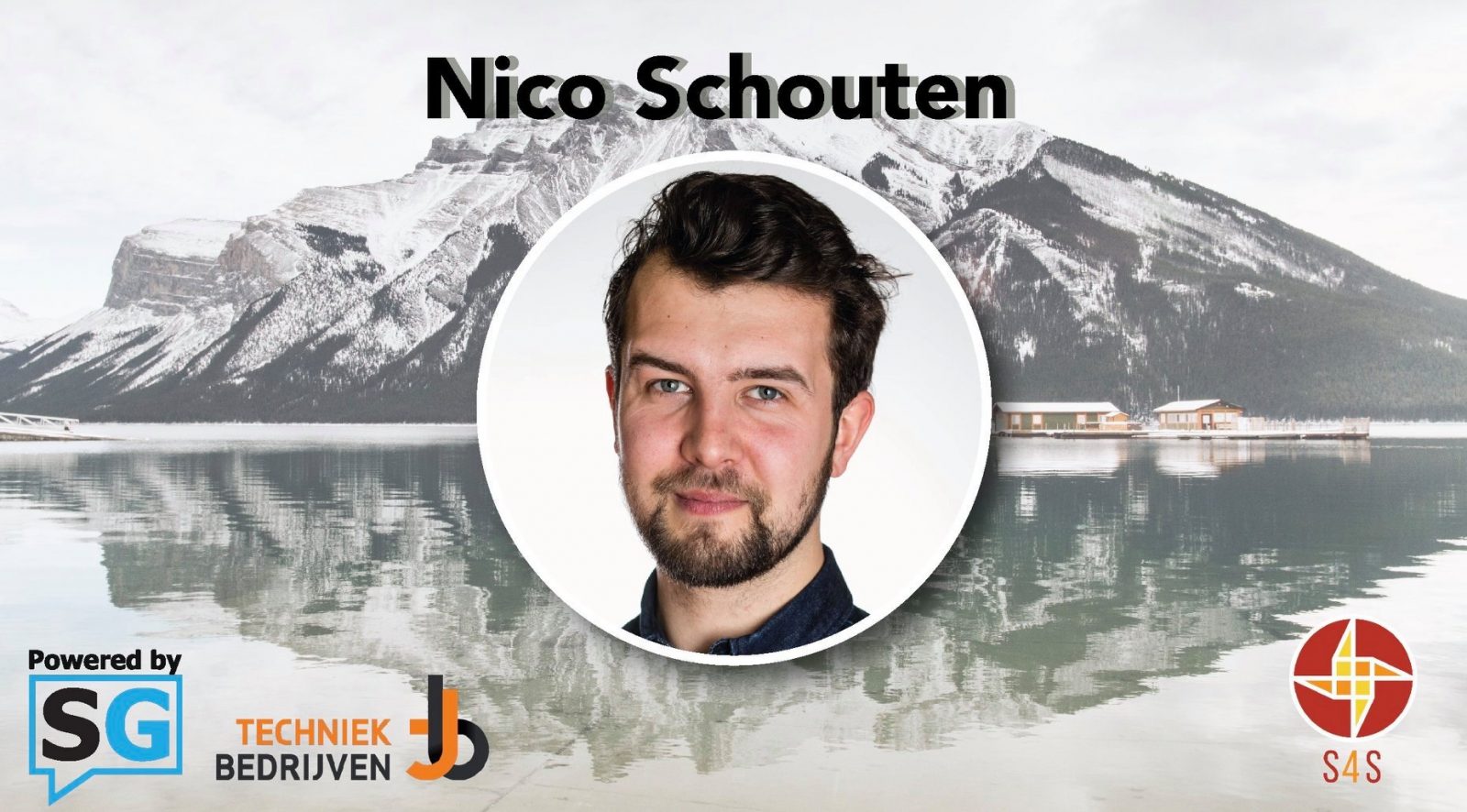
Speaker: Martin Bennink
The fourth and final speaker: Martin Bennink is currently a professor at the Saxion University of Applied Sciences where he heads a research group of 20 people (students and researchers) in the field of Nanotechnology, specifically focused on the interface between Nano and Bio.
As a speaker he will take you through a number of examples of functional nanostructures that can be found in nature. An example is one study where he looks at the structures of the Lotus leaves or rose petals, which show both a micro- and nanostructure that renders these surfaces extremely water-repellent. These structures can then be replicated and applied on textile materials making them water-repellent and avoiding the need for additional (in most cases less environmentally friendly) coating.
